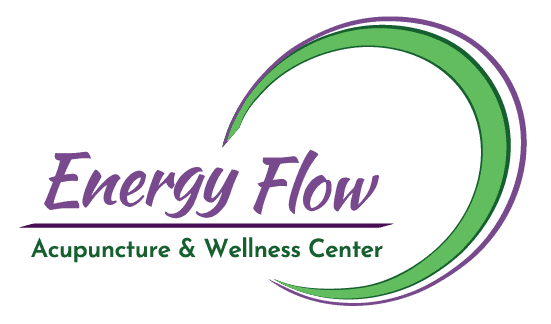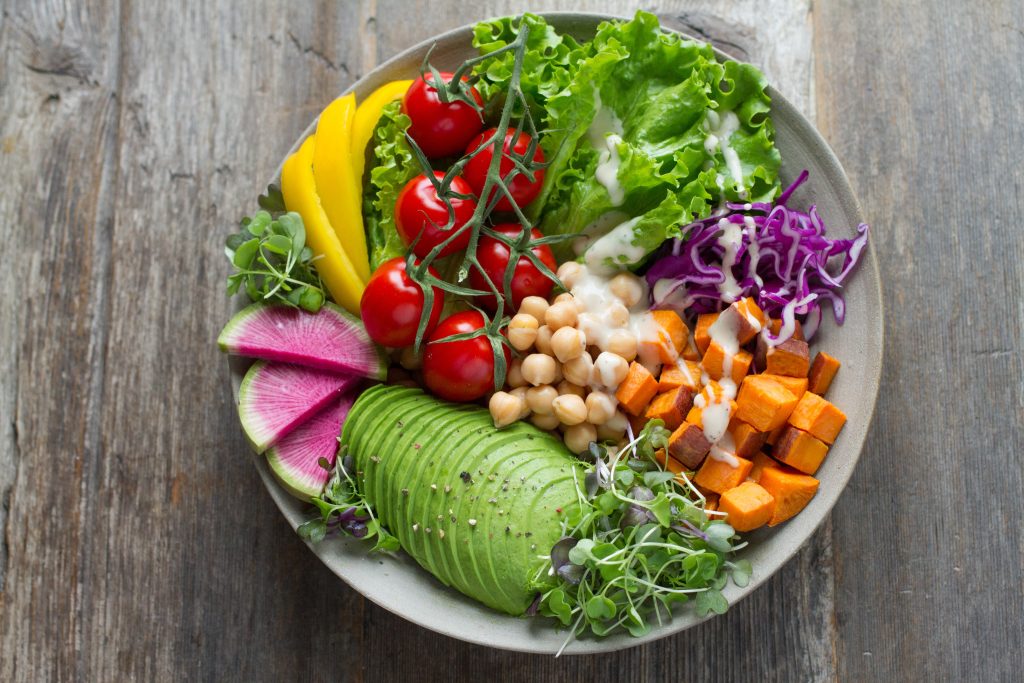Helping people recover from cancer treatment
Chemotherapy-induced peripheral neuropathy (CIPN) affects up to 90% of cancer patients receiving certain chemotherapy agents, causing debilitating symptoms that can persist long after treatment ends. The burning, tingling, and numbness in hands and feet not only impacts daily functioning but significantly diminishes quality of life for cancer survivors. While conventional treatments often fall short, emerging research demonstrates that acupuncture offers genuine hope for both chemotherapy-induced and non-chemotherapy peripheral neuropathy.
The Growing Evidence Base
Recent comprehensive research has solidified acupuncture’s role as an effective treatment for CIPN. A 2024 meta-analysis published in Frontiers in Neurology systematically evaluated multiple studies and found compelling evidence for acupuncture’s efficacy in treating chemotherapy-induced peripheral neuropathy. The researchers concluded that acupuncture significantly improved symptoms compared to both conventional medications and sham treatments.
The Journal of Cancer Research and Clinical Oncology published equally promising findings in 2023, with their systematic review (2023; 149:15939-15955) demonstrating consistent benefits across multiple clinical trials. These studies revealed not only symptomatic improvement but also measurable changes in nerve conduction studies, suggesting actual nerve repair rather than mere symptom masking.
Another fascinating study compared acupuncture to gabapentin plus vitamin B1, which is realistic as to the treatment choices patients have.
The study results were remarkable. Patients receiving acupuncture showed significantly greater improvement in neuropathy symptoms, pain reduction, and functional capacity compared to those on gabapentin. Perhaps most importantly, the acupuncture group experienced these benefits without the side effects commonly associated with gabapentin, including dizziness, fatigue, and cognitive impairment.
How Acupuncture Helps Your Nerves Heal
Acupuncture works on multiple levels to address neuropathy:
Improved Blood Flow: The tiny stainless steel thin needles increase circulation to your hands and feet, bringing healing nutrients and oxygen to damaged nerves while clearing away inflammatory substances that prevent healing.
Nerve Regeneration: Acupuncture stimulates your body’s production of nerve growth factors—proteins that help damaged nerves repair themselves. Studies have actually measured improvements in nerve function after acupuncture treatment. Acupuncture points are often located right alongside the nerves that have been damaged.
Natural Pain Relief: The treatment activates your body’s own pain-relieving systems, providing lasting relief from the burning and shooting pains of neuropathy.
Quality of Life Improvements: Beyond Symptom Relief
The benefits of acupuncture extend far beyond numerical improvements in pain scales. Studies consistently demonstrate significant enhancements in health-related quality of life measures. Patients report:
- Improved sleep quality and duration
- Enhanced ability to perform daily activities
- Reduced anxiety and depression related to chronic symptoms
- Better overall physical functioning
- Return to doing the activities that create joy and happiness
A randomized clinical trial focusing specifically on quality-of-life outcomes found that breast cancer survivors receiving acupuncture showed marked improvements across multiple domains, with benefits persisting weeks after treatment completion.
Clinical Evidence Across Different Types of Neuropathy
While much research focuses on chemotherapy-induced neuropathy, acupuncture’s benefits extend to peripheral neuropathy from other causes. Clinical experience and emerging research demonstrate effectiveness for:
- Diabetic peripheral neuropathy
- Post-viral neuropathies
- Idiopathic peripheral neuropathy
- Medication-induced neuropathies from non-chemotherapy drugs
The underlying mechanisms remain consistent regardless of the initial cause of nerve damage, making acupuncture a versatile treatment option for various forms of peripheral neuropathy.
Treatment Plans and Expectations
Effective acupuncture treatment for CIPN typically involves consistency and open communication to individualize care.
Treatment Frequency: Most studies showing significant benefits used twice-weekly sessions for 6-8 weeks, followed by maintenance treatments as needed. We find the same to be true in clinic, although some patients are able to reduce to once weekly after a few weeks. As symptoms improve, treatments can be spaced further.
Timeline for Improvement: Many patients begin noticing improvements within 2-3 weeks, with optimal benefits typically achieved by 6-8 weeks of treatment.
Safety Profile: Acupuncture demonstrates an excellent safety profile with minimal side effects when performed by qualified practitioners.
Integration with Conventional Care
Acupuncture works synergistically with conventional medical care rather than replacing it. Many oncologists now recommend acupuncture as an adjunctive treatment, recognizing its ability to provide relief where conventional options have limitations. The absence of drug interactions makes acupuncture particularly valuable for cancer survivors who may be taking multiple medications. It can usually be done in conjunction with chemotherapy treatments both on treatment and off weeks.
The Path Forward
As an acupuncturist, it’s exciting for me to see the benefits clearly realized in scientific research, beyond just my own experience.
For individuals struggling with CIPN or other forms of peripheral neuropathy, acupuncture offers a scientifically-supported path toward genuine healing. The combination of symptom relief, improved circulation, nerve repair promotion, and enhanced quality of life positions acupuncture as an essential component of comprehensive neuropathy care.
The journey from cancer treatment to full recovery need not be permanently shadowed by peripheral neuropathy. With acupuncture’s proven ability to promote healing and restore function, cancer survivors can reclaim their quality of life and move forward with confidence in their recovery.






